Voltaire's Philosophical Dictionary
Voltaire's Philosophical Dictionary
This book does not demand continuous reading; but at whatever place one opens it, one will find matter for reflection. The most useful books are those of which readers themselves compose half; they extend the thoughts of which the germ is presented to them; they correct what seems defective to them, and they fortify by their reflections what seems to them weak.
Book Excerpt
hevalier Temple, who has made it his business to disparage all the moderns, claims that in architecture they have nothing comparable to the temples of Greece and Rome: but, for all that he is English, he must agree that the Church of St. Peter is incomparably more beautiful than the Capitol was.
It is curious with what assurance he maintains that there is nothing new in our astronomy, nothing in the knowledge of the human body, unless perhaps, he says, the circulation of the blood. Love of his own opinion, founded on his vast self-esteem, makes him forget the discovery of the satellites of Jupiter, of the five moons and the ring of Saturn, of the rotation of the sun on its axis, of the calculated position of three thousand stars, of the laws given by Kepler and Newton for the heavenly orbs, of the causes of the precession of the equinoxes, and of a hundred other pieces of knowledge of which the ancients did not suspect even the possibility.
The discoveries in anatomy are as great in number. A ne
Editor's choice
(view all)Popular books in Philosophy
Readers reviews
0.0
LoginSign up
Be the first to review this book
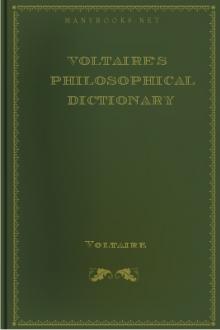
 Free Download
Free Download













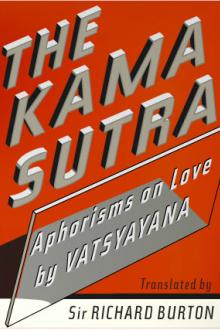

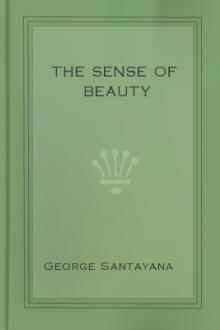
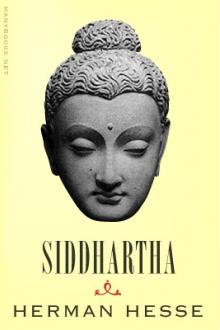
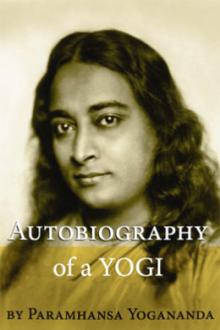
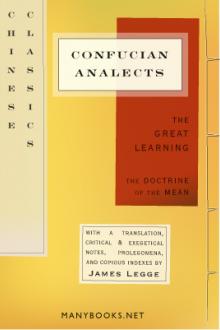
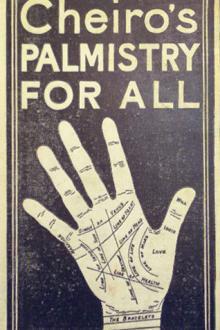
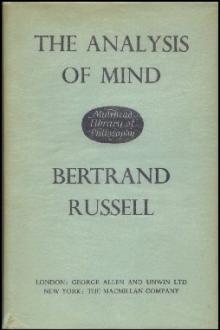
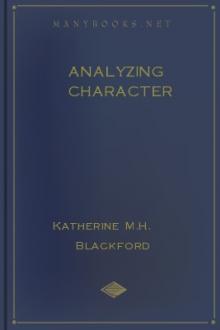
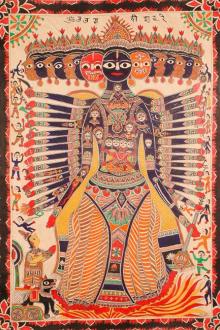

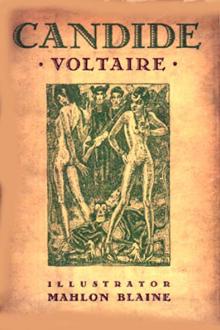
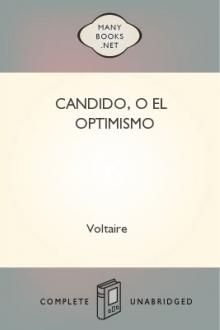

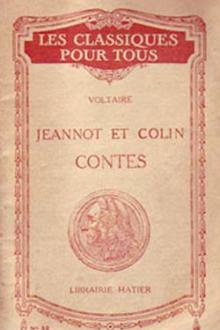
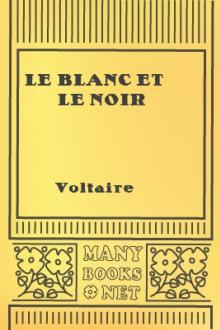
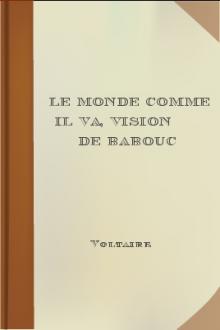


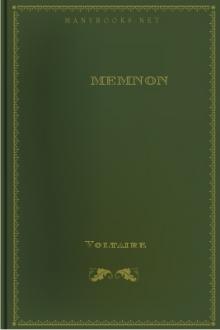
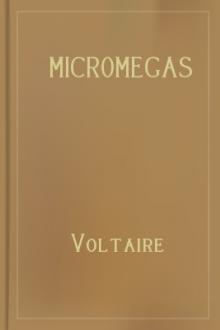
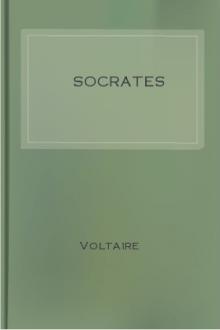
-itok=vcKIB5v1.jpg)